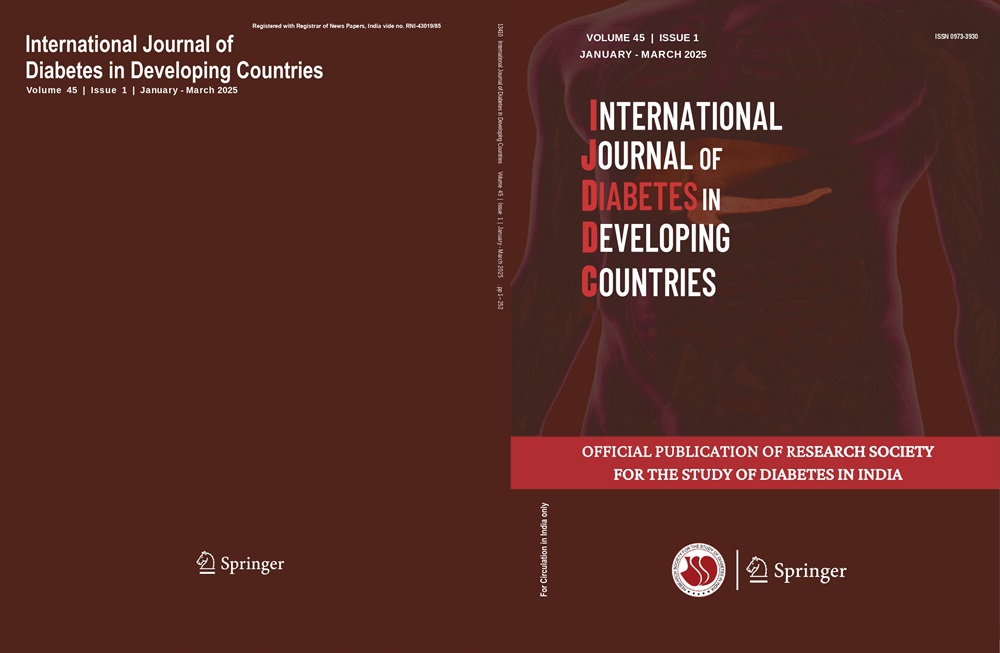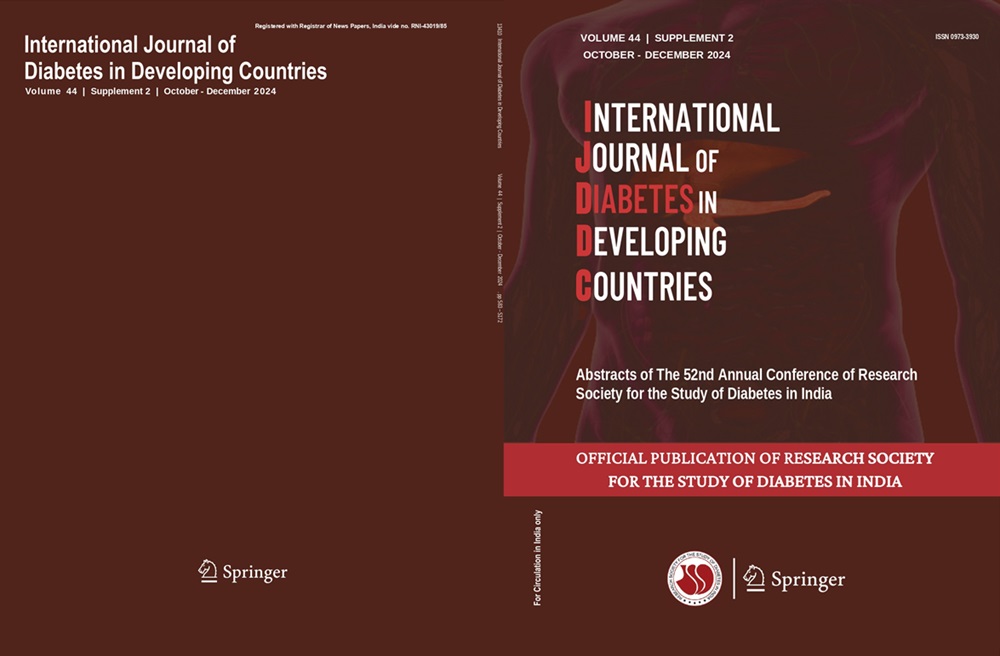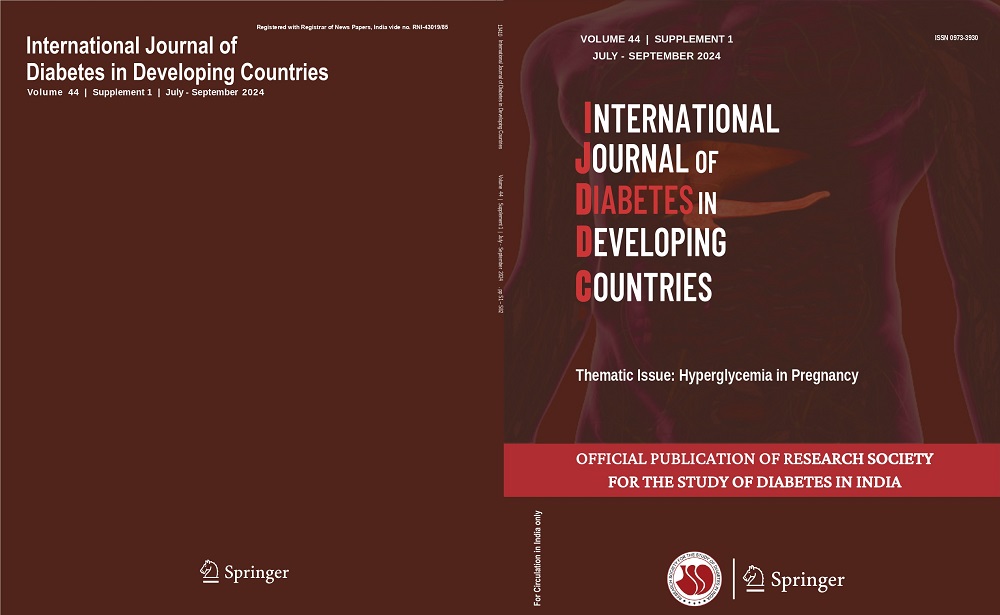Vanisha S. Nambiar, Drashti Zaveri
Keywords
Laparoscopic mini gastric bypass • Bariatric surgery • Nutrition health education • Bariatric nutrition • Q uality of life • BAROS
Background Laparoscopic mini gastric bypass (LMGB) bariatric surgery, characterized by a single ante colic gastro-jejunostomy (GJ) anastomosis procedure, requires specialized post-surgery care.
Objective The aim of the study is to evaluate the impact of personalized counseling using nutrition health education (NHE) material, developed based on the Bariatric Analysis and Reporting Outcome System (BAROS), as compared to standard hospital care, on post-operative patient’s quality of life (QoL).
Methodology A prospective randomized control trial was conducted, wherein 120 patients registered for the LMGB surgery were enrolled and followed up over 3 months after surgery. Based on alternate allocation randomization, odd number patients were allocated to the experimental group (Group E n = 60) receiving the personalized NHE material, and even number patients were allocated to the control group (Group C n = 60) receiving the standard hospital care. QoL and health outcomes data were analyzed pre- and post-surgery using SPSS-23 software.
Results Post-operative findings indicated better weight loss and improved quality of life scores in group E patients. The mean % excess weight loss at 3 months post-surgery of group E patients was 18% more compared to group C patients. Notably, the BAROS scores for group E patients were within the good category (4.80 ± 1.63) versus group C patients’ scores being in the fair category (3.00 ± 1.64), representing a statistically significant difference (p < 0.001).
Conclusion Based on the type of bariatric surgery (be it restrictive, mal-absorptive, or combined procedure), a focused bariatric surgery-specific nutrition and education leads to better weight loss, resolution of comorbidity, improved quality of life, prevention of weight regains, and minimal post-surgical complications as compared to general counseling




